Yes, false memories are a real thing.
Walking into a new room actually makes you forget what you went in there for.
Ever go into a room and then completely forget what you went in there for? Turns out it’s an actual thing scientists have studied.
In a study published in the Quarterly Journal of Experimental Psychology, researchers found that new memory episodes are created when you leave one room and enter another, making it harder to recall information from the previous episode – like exactly what you went into that room for. It’s almost like your brain is working against you.
In fact, just imagining walking through doors can make you forget.

Just last month a new study of 51 students found that just imagining walking through a door can make you forget.
The researchers say this fits with the “Event Horizon Model” of short term memory – that we separate memories into chapters, that crossing a boundary (such as a doorway) triggers a new chapter, and that we are more likely to forget across event boundaries.
Your autobiographical memory is divided into chapters.

Channel 4
Yup, your brain is literally writing the story of your life, chapter by chapter.
In one study on this, 23 people read six stories on a screen and later were given a test to see how much they remembered from the narratives. Christian Jarrett at the British Psychological Society’s Research Digest blog explains:
The key finding here was that the participants were poorer at recalling a sentence that came after a temporal boundary. It’s as if information within an episode was somehow bound together, whereas a memory divide was placed between information spanning two episodes.
(“Temporal boundary” just means the sentence began with something like “A while after that…” to indicate the passing of time.)
Closing your eyes can help you remember.

Ingram Publishing / Getty Images
If you find yourself struggling to remember something, try closing your eyes.
A study of 178 people published in the journal Legal and Criminal Psychology found that people who closed their eyes when trying to recall details of a film they just watched were able to answer 23% more questions correctly.
It works by removing distractions and freeing up your brain to use more resources on remembering.
False memories are far too easy to plant.
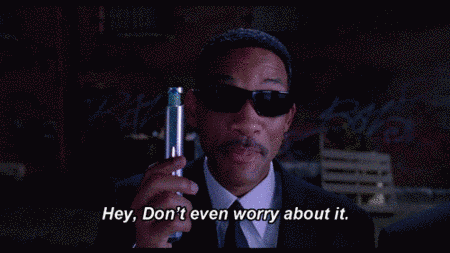
Columbia Pictures
Careful you don’t go too far, and recover memories that never even happened to you. False memories are a real thing and they’re very scary.
In a lab test, psychologists gave people a list of words related to sleep (bed, rest, awake etc) but didn’t actually include the word “sleep” in the list. Later, participants mistakenly remembered the word “sleep” as often as they did words that were actually on the list.
In another study, a “sizable minority” of people were made to believe they’d had a bad experience with Pluto at Disneyland as a child after being shown material that suggested it had happened.
You could even “remember” a crime you never even committed.
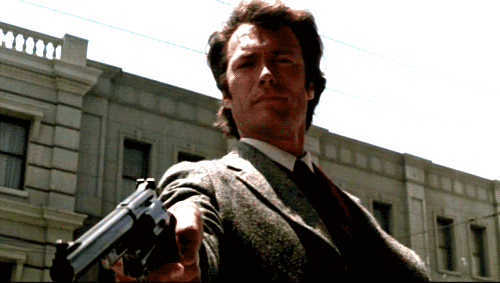
False memories are why it’s easy for witnesses of a crime to remember things that didn’t happen, without even being aware of it. All they need is for someone to suggest that it could have happened, and the seed of a false memory might be planted.
They can even lead to you remembering a crime you did not commit. A paper published last month in Psychological Science found that an interviewer was able to convince 70% of participants that they’d committed a crime while they were a teenager, and get them to recall at least 10 details from it…despite the fact it never happened.
And being sleep-deprived might make you more likely to remember stuff that didn’t happen.
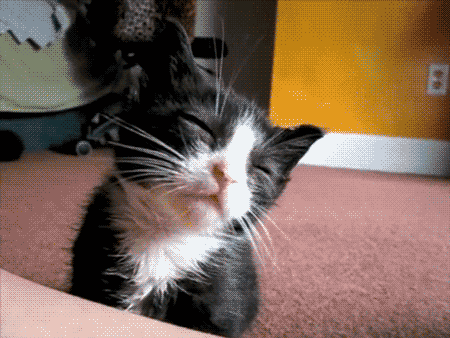
surviving-university.tumblr.com
A recent study found being sleep-deprived makes you to forming false memories.
You will never fill up your brain’s memory capacity.
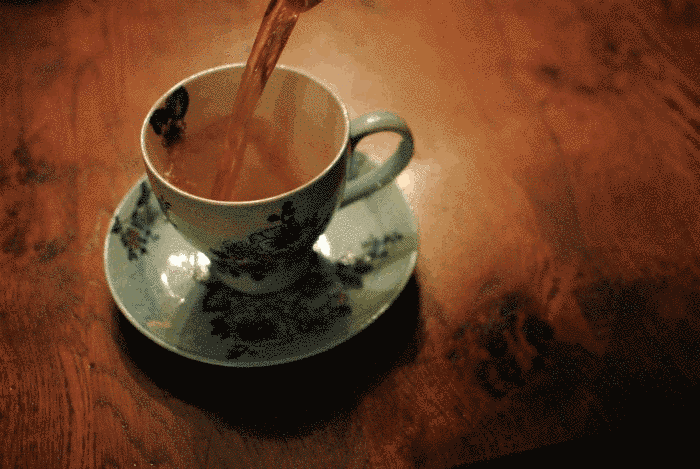
Your memories might start with experiences and perception, but they are encoded in brain cells called neurons.
Paul Reber, professor of psychology at Northwestern University, told Scientific American:
Neurons combine so that each one helps with many memories at a time, exponentially increasing the brain’s memory storage capacity to something closer to around 2.5 petabytes. … You would have to leave the TV running continuously for more than 300 years to use up all that storage.
Saving information to a computer makes you less likely to remember it.
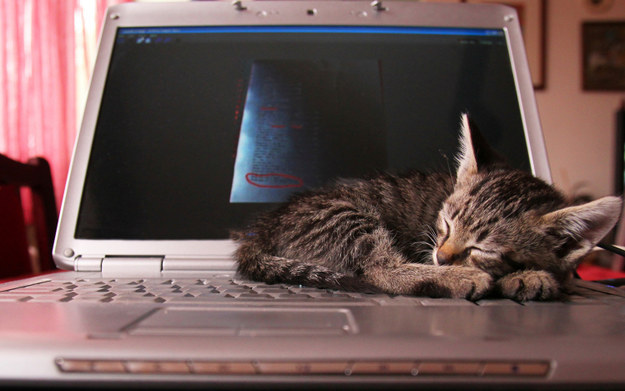
Stelyaphoto / Getty Images
A study published in Science in 2011 found that when people expected to have access to information in the future they were less able to recall it. But that’s not a bad thing, because it means your brain has been freed up for learning more things, and you’re actually more likely to remember new information.
In three experiments, researchers found that saving one file before studying a new file significantly improved study participants’ memory for the second file.
Telling students they’ll have to teach something helps them remember it better.
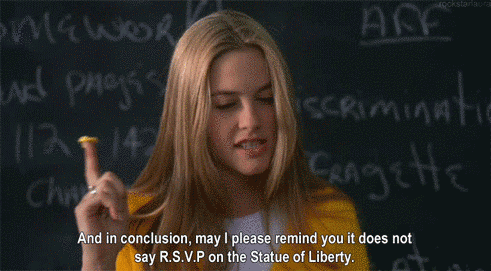
Paramount Pictures
In a study, 56 undergrads were split into two groups: One group was told they had to read a text and would be tested on it afterwards, the other was told they would have to teach the text after reading it.
The researchers write: “Participants expecting to teach produced more complete and better organized free recall of the passage and, in general, correctly answered more questions about the passage than did participants expecting a test.”
If that fails, mild shocks might improve your memory too.

f(x) / SM Entertainment
And not just for whatever it is you’re doing when you get shocked, but also what you did before that.
A paper published in Nature describes an experiment in which people were shown two sets of images, both containing animals and tools. While they were looking at the second set, participants were given electric shocks when they saw either the animal or the tool photos. A day later they were shown a new set of photos, this time with no shocks.
Here’s a handy diagram from the paper:

Dunsmoor et al. / Via nature.com
When tested later on their memory of the photos, people who’d been shocked as they looked at animals during the second step remembered the animals better. But not just the animals from the second step – they remembered the first ones better too.
“At the time that you were encountering those animals, you didn’t know that they were going to be important later on,” study author Lila Davachi told The Verge.
(It worked the same for people who’d been shocked while they were looking at tools.)
It’s still early days for the research, but Davachi told The Verge that the prospect of bringing back memories you never realised were important at the time is “super exciting”.
Basically, your brain is weird.
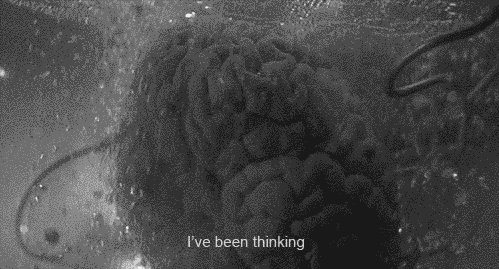
callmekitten-andbemysir.tumblr.com

















